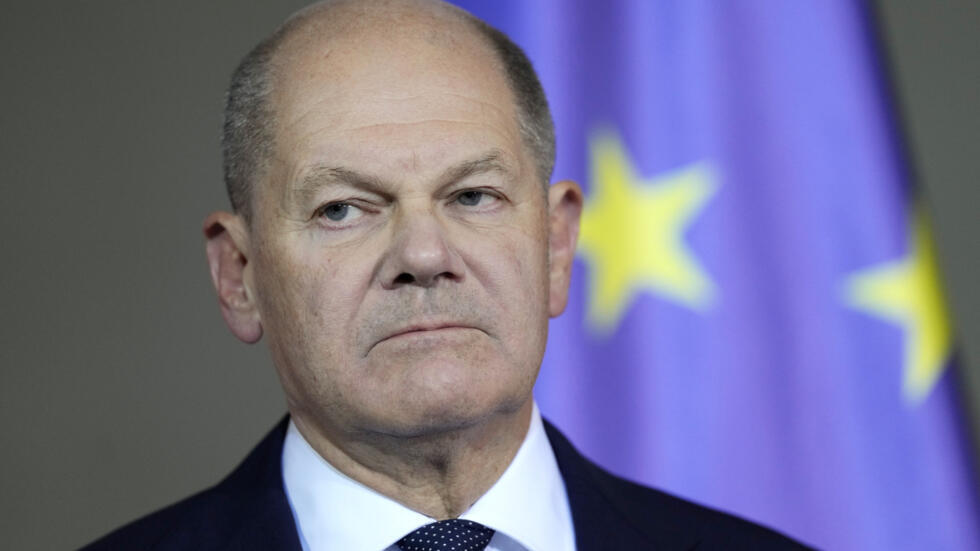In a surprising development, German Chancellor Olaf Scholz has lost a parliamentary confidence vote, paving the way for early federal elections. This decision signifies a major political shift in Europe’s largest economy, as Scholz’s coalition government grapples with increasing pressure amid rising political and economic challenges.
The confidence vote was initiated after months of internal conflicts within Scholz’s coalition, which comprises the Social Democrats, Greens, and Free Democrats. Disagreements over critical issues like energy reform, immigration, and budget policies have caused rifts within the alliance. The defeat in the vote underscores the challenges of maintaining cohesion in a coalition that is struggling to tackle Germany’s economic slowdown and broader European issues.
Political analysts anticipate that the forthcoming elections will be highly competitive, with opposition parties such as the conservative Christian Democratic Union (CDU) and the far-right Alternative for Germany (AfD) gaining traction in recent polls. Both parties are likely to take advantage of voter dissatisfaction regarding the current government’s management of urgent matters, including inflation, energy security, and Germany’s involvement in EU-wide reforms.
The loss of confidence indicates a widespread discontent with Scholz’s leadership and his government’s capacity to steer Germany through a time of uncertainty. As the nation gears up for early elections, the results could significantly alter the political landscape and affect Germany’s role in tackling Europe’s challenges on the global stage.





